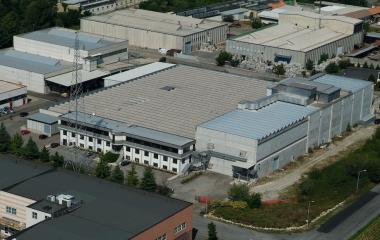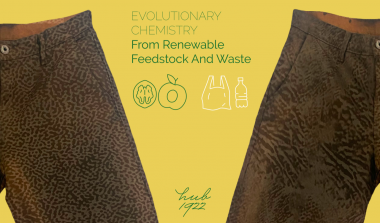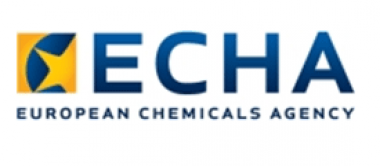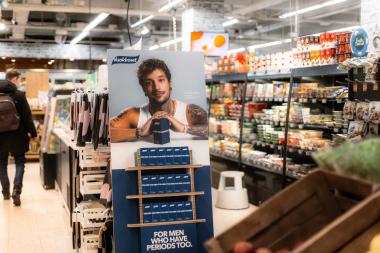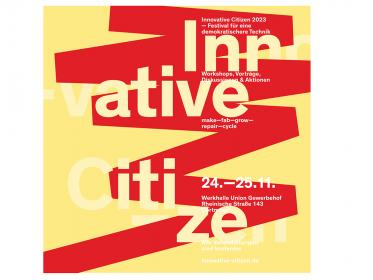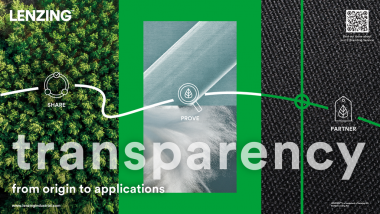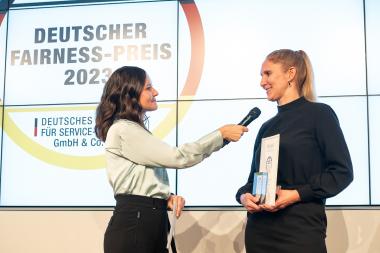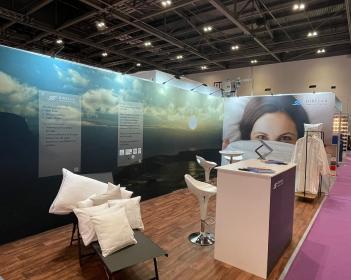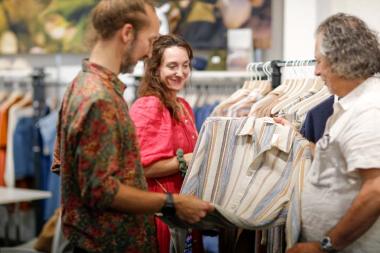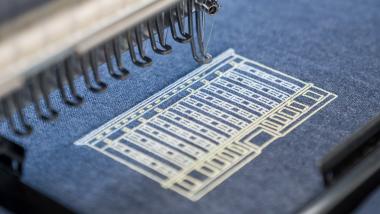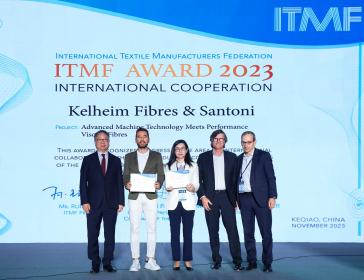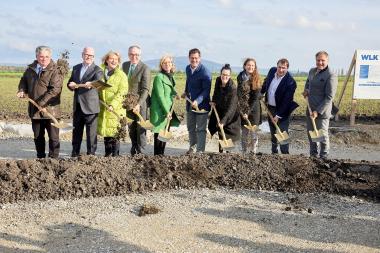The Marchi & Fildi Group: First Sustainability Report published
The data and the information reported examine the performance relative to the companies Marchi & Fildi S.p.A. and Filidea S.r.l. during the year 1st January 2022 to 31st December 2022. In addition, with the aim of putting the data into a context of developments, a comparison with data pertaining to 2021 was also made.
Amongst the numerous data and insights provided by the analyses given in the Report, some relevant performance factors relating to environmental achievements emerge.
With reference to Marchi & Fildi, and in comparison to 2021, the year 2022 demonstrated:
- A unit reduction in water consumption of 57% and unit reduction of waste water of 19%
- A unit reduction in electric power consumption of 13%
An overall reduction in CO2 emissions (Scope I + Scope II) of 22% In the same period, for Filidea the following results are shown:
- A unit reduction in water consumption of 26%, unit waste water of 22%
- A reduction in unit natural gas consumption of 7%
- A reduction in unit electric power consumption of 14%
- An overall reduction in CO2 emissions (Scope I + Scope II) of 7%
These data offer quantitative feedback on the constant commitment to the optimisation of resources and use of production technologies with low energy impact, which the Group has adopted for years.
Massimo Marchi, Marchi & Fildi’s President, has this to say about the choice to invest in this form of reporting:
“The decision to write a Sustainability Report represents for us one of the elements which guide us towards the constant improvement of company performance with reference to ESG. This is one of the stages towards the formalisation of a strategic plan for the management of sustainability, a journey which the Group has been committed to for years and in which we believe 100%.”
Marchi & Fildi Group


